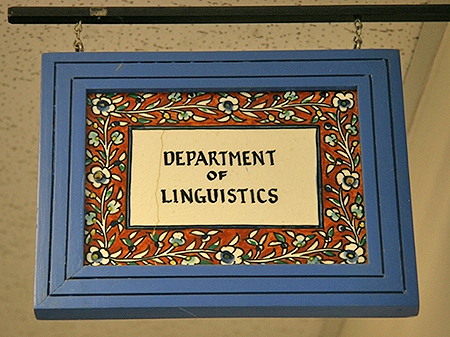
Linguistics ETDs
Publication Date
Fall 11-15-2016
Abstract
My study involved sociolinguistic interviewing and the gathering of ethnographic data collected to inform a discussion of three interlaced topics; Language and Culture, Language Ideologies, and Language Maintenance. These topics are discussed through the exploration of ka ʻōlelo hawaiʻi (Hawaiian Language) in the cultural context of Hula. Hula is defined as a dance with referential movements and gestures that was developed in the Hawaiian Islands by the original settlers (Stillman 1998:1). The goal of this study is to build on previous studies of Hawaiian Ideologies (e.g., Wong 1999, Hall 2005, Malone & Shoda-Sutherland 2005, Halualani 2007, and Snyder-Frey 2013), by focusing on the use of and attitudes towards the language in this key sociocultural context. The most salient concepts found in this literature are expressed in ka ʻōlelo hawaiʻi as kuleana, 'the need to understand authority, responsibility, or authenticity', malama i ka ʻāina, 'to take care of the land', ʻohana, 'family' and kupuna, 'remembering the ancestors'. I explain the alignment of these with Errington’s (2000) concerns as to how we, as linguists, analyze language. According to Errington (2000:115), it is important to focus on “the ‘naturalization’ of social differences through construals of language as embodying identity and community (Errington 2000:115).” My research seeks to examine how individuals link their language to their personal identity, their communities’ identity, and their identity within the community.
Language
English
Keywords
Hawaiian Language, Hawaiian Culture, Hula, Revitalization, Maintenance
Document Type
Thesis
Degree Name
Linguistics
Level of Degree
Masters
Department Name
Department of Linguistics
First Committee Member (Chair)
Melissa Axelrod
Second Committee Member
William Croft
Third Committee Member
Holly Jacobson
Recommended Citation
WItt, Violet Lovelena. "ALOHA IN THE DESERT: Ideologies of Ka ʻōlelo hawaiʻi a mēheuheu." (2016). https://digitalrepository.unm.edu/ling_etds/44


